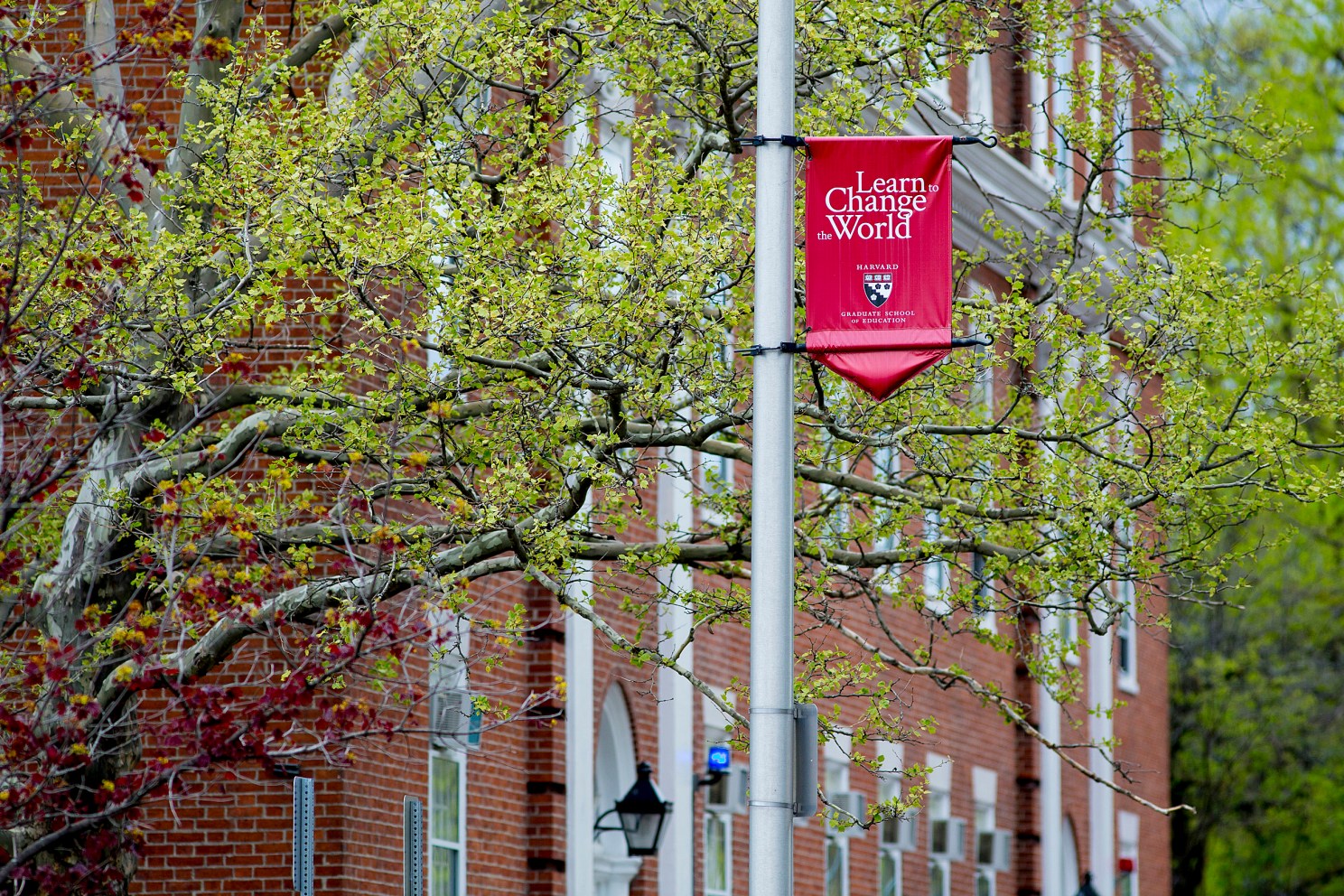Recipients named for President’s Administrative Innovation Fund

Rose Lincoln/Harvard file photo
Harvard has announced the nine projects that were awarded funding in the fourth year of the President’s Administrative Innovation Fund Challenge.
The Fund was created to foster a culture of innovation and to catalyze administrative innovation and collaboration across Harvard by investing in staff-generated, creative solutions that recognize staff expertise, and advance administrative excellence. The funded projects emerged through a rigorous process and represent a wide range of administrative opportunities, including continued attention to diversity, equity, and inclusion.
“Congratulations to this year’s recipients,” said Keith Collar, associate dean for strategic partnerships at the Graduate School of Education. “We’re incredibly excited about the innovation and teamwork that characterized this year’s projects and we’re looking forward to how these initiatives will strengthen our administrative capabilities.”
This year’s recipients are:
- Building Accessible Spaces: Integrating Assistive Technology
This project allows for the development of a training for audio/visual media technology staff which would be filmed, captioned and posted, along with the availability of portable technology solutions for effective communication.
2. Gender Inclusive Mapping for Harvard University
Gender inclusive mapping seeks to ensure that all Harvard community members and guests, including those who are transgender, gender non-binary, and gender nonconforming, have accurate and inclusive means of locating rest facilities at Harvard.
3. Harvard Campus Lactation Rooms: Enhance Access — Expand Capacity
This project aims to build upon the existing network of campus lactation rooms and partner with local stakeholders about expanding capacity while improving the user experience in accessing rooms across campus.
4. Harvard College Central Calendar: Creating Cyber Connections and Community
Working to build a central calendar aims to improve and streamline the experience of undergraduates, enhance administrative processes around calendars, encourage greater collaboration in shared interests and strengths across siloed entities, as well as connect many people across the College and the University.
5. Harvard Votes Challenge: Building a University-Wide Civic Culture
This project aims to build a campaign focused on student voter engagement and seeks to increase voter registration and participation rates.
6. #Morejoy
A campaign that seeks to create a workplace that inspires participation, inclusion, safety, curiosity, innovation and sense of purpose and belonging.
7. Nurturing Talent to Nurture Success: Enabling Experiential Learning Opportunities across Harvard
This project aims to create formal processes and structures for finding, filling, and assessing experiential learning opportunities. These new processes will make opportunities available in a systematic, transparent and equitable manner.
8. Organic Maintenance of Harvard Landscape with Sustainable Biofertilizer
This project prioritizes Harvard’s landscape by making it healthier, while reducing runoff from current fertilizers into the Charles River and Boston Harbor. The new biofertilizer, developed at the Nocera Lab, a Harvard Research Laboratory, will also remove CO2 from the air.
9. Storyline: Learning in the Greenway
The development of the Harvard Allston Greenway, a planned corridor between the Allston neighborhood, Honan-Allston Library, the SEC, the ERC, and HBS is an opportunity to create a shared public space that tells a story of transformation and gives existing neighbors a place to form connections and build community.
More information about the fund can be found at https://innovationfund.evp.harvard.edu.




